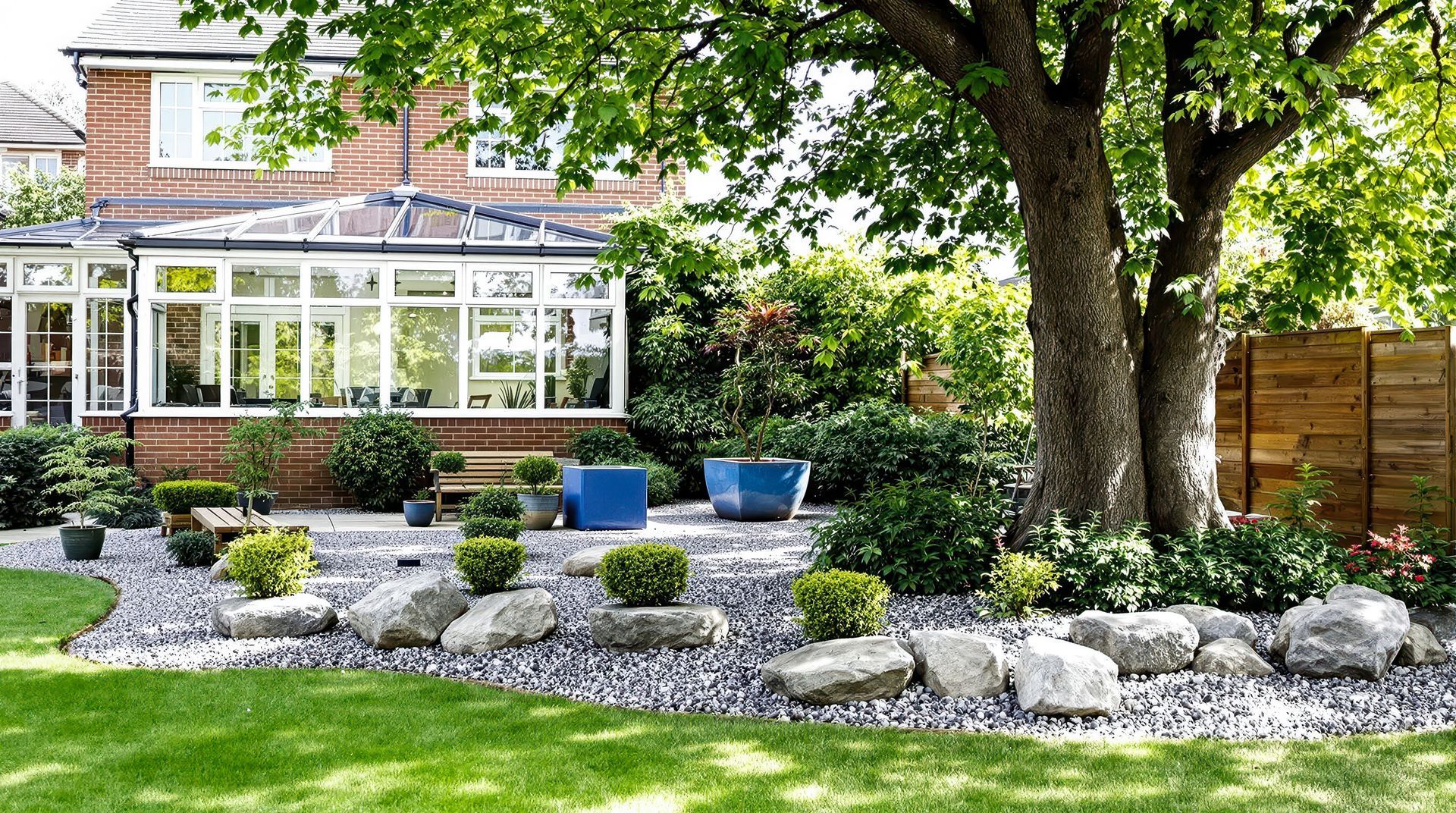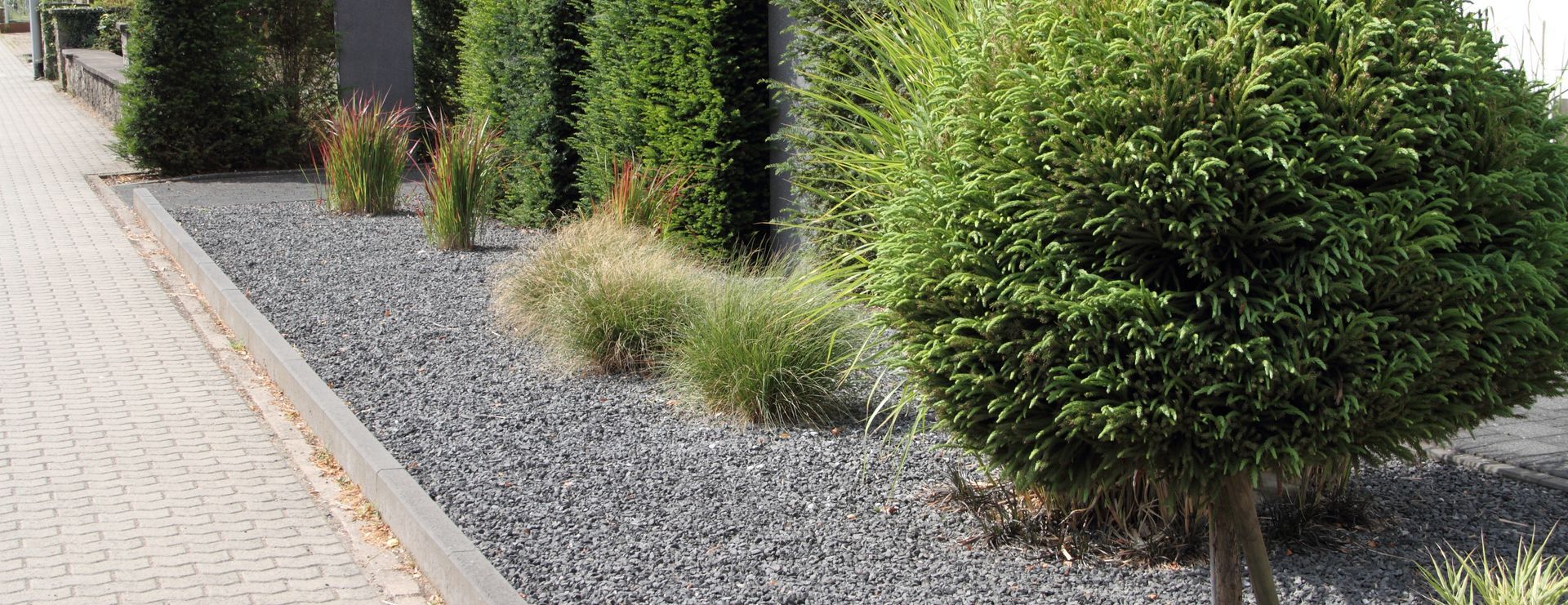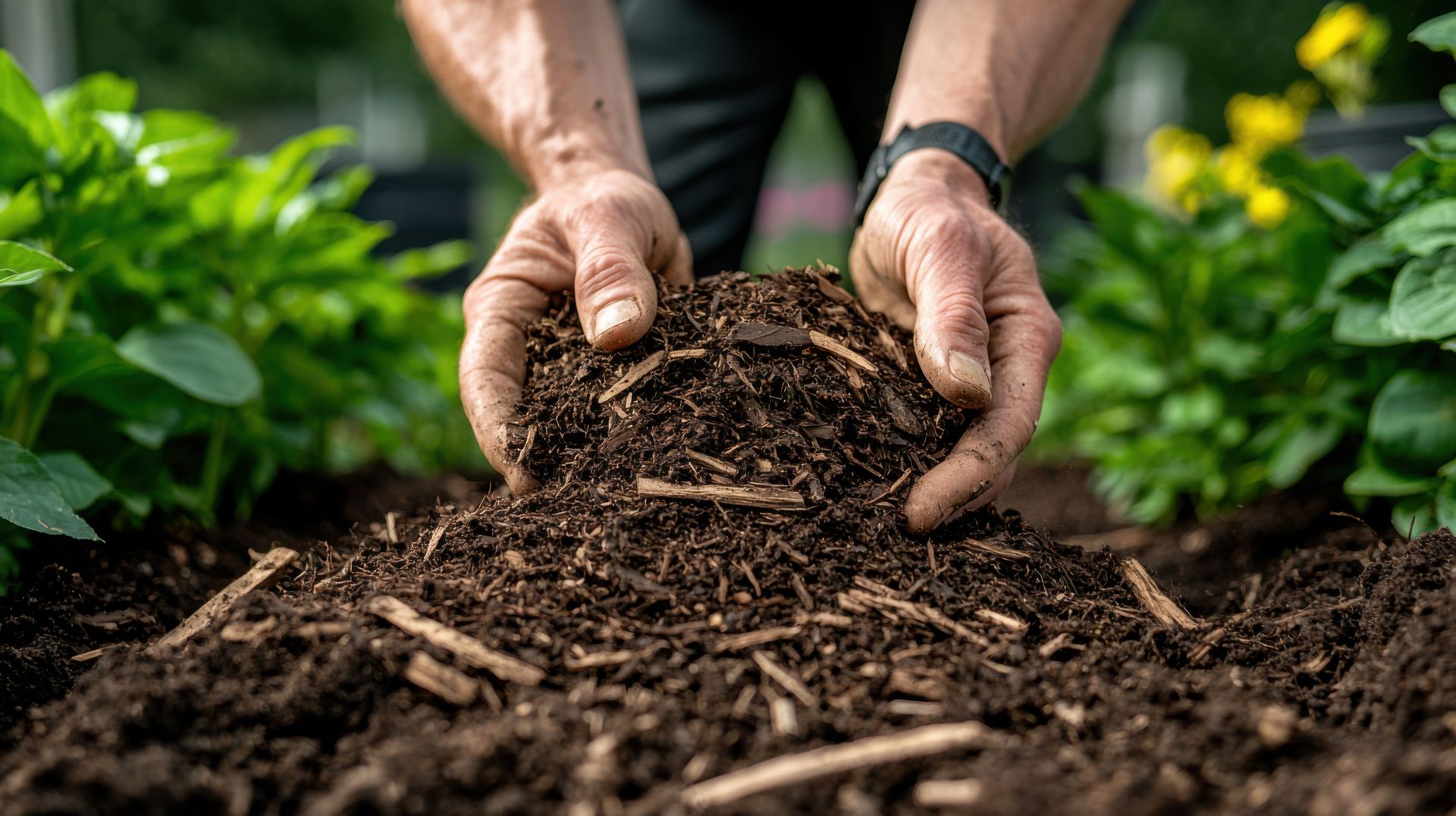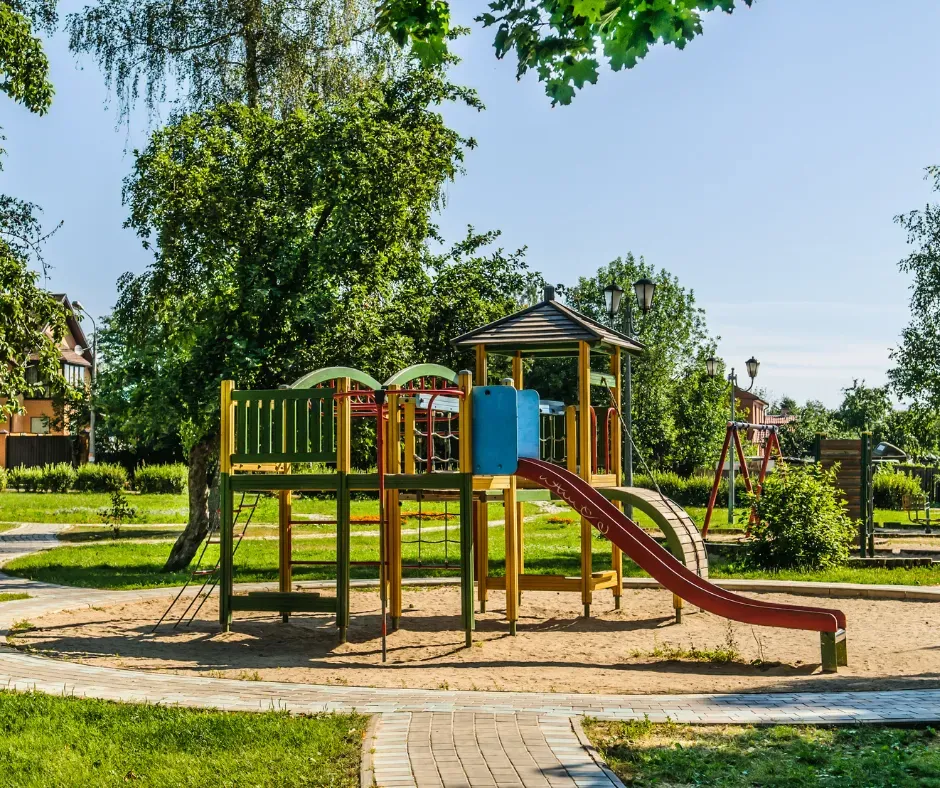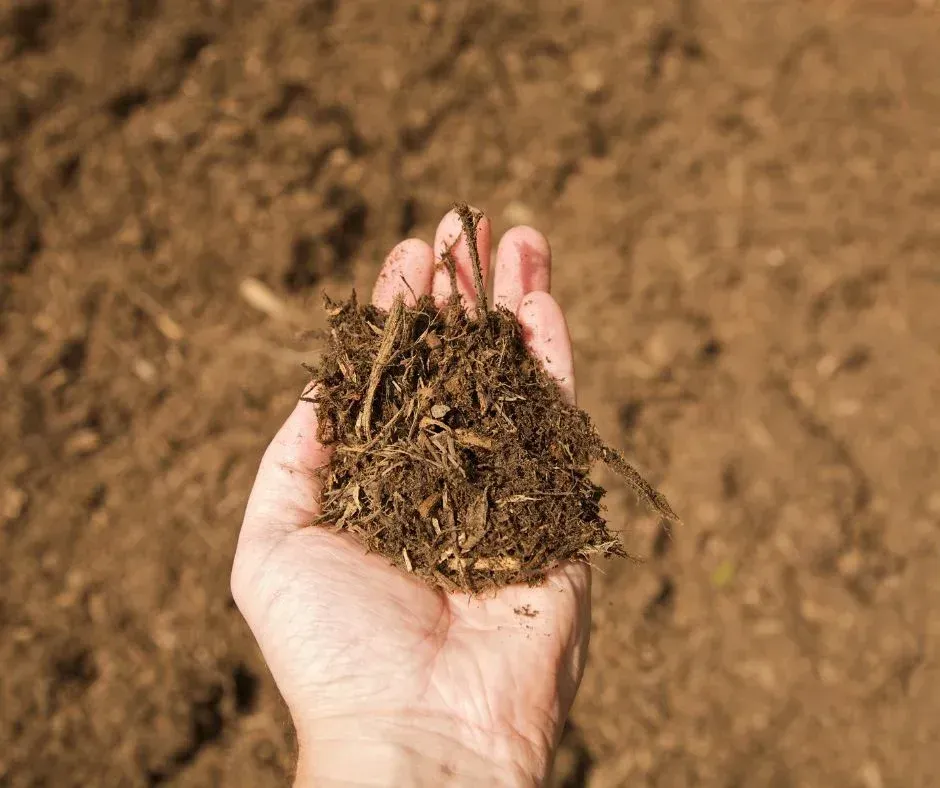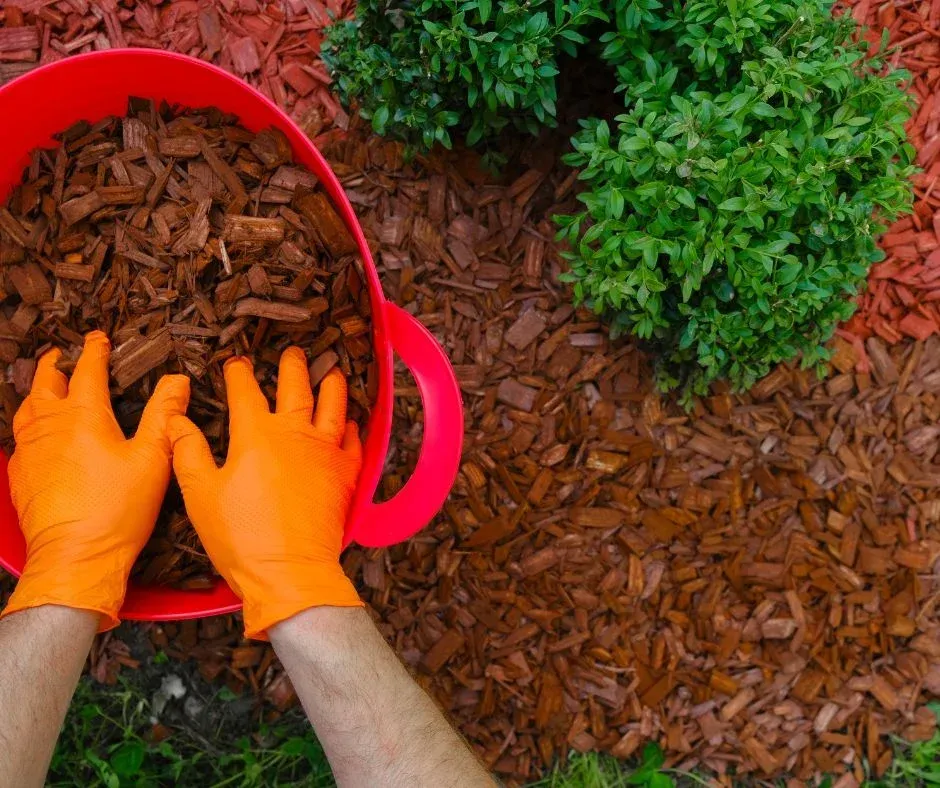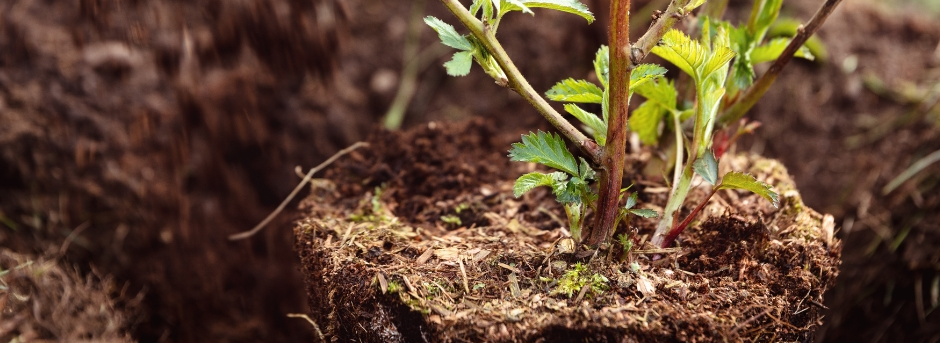Playground Chip: A Game Changer for Kids
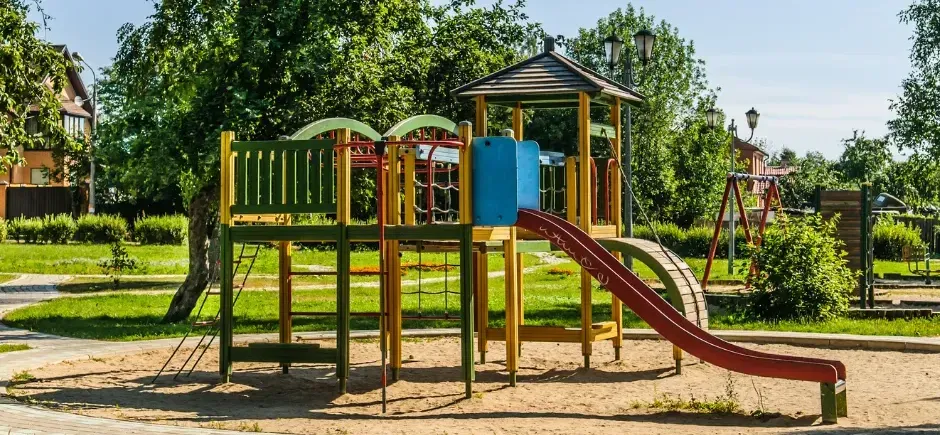
When we think of playgrounds, we often conjure up images of swings, slides, and climbing structures. These timeless features have been the staples of childhood fun for generations. However, in recent years, there has been a new addition to the playground scene that is changing the game for kids – playground chips.
Playground chips, also known as playground mulch or wood chips, have become increasingly popular as a safer and more practical alternative to traditional playground surfaces like sand or gravel. In this blog, we'll explore why playground chips are making waves in the world of play and how they benefit children in numerous ways.
Safety First
One of the primary reasons playground chips have gained favor is their safety features. Unlike sand or gravel, which can be abrasive and hard on young knees and hands, playground chips provide a soft and cushioned surface. This cushioning effect helps absorb the impact when children fall, reducing the risk of injury. Parents and caregivers can rest easy knowing that their children are playing on a surface designed to minimize accidents.
Furthermore, playground chips also help to prevent injuries related to slips and falls. They provide excellent traction, even in wet conditions, which can be a significant concern in traditional playgrounds with sand or mulch.
Accessibility
Playground chips also score high on accessibility. They are easy to navigate, making them suitable for children of all abilities. Wheelchair users, for instance, can move around the playground with greater ease on a smooth and even surface, fostering inclusivity and allowing every child to enjoy playtime to the fullest.
Low Maintenance
Maintenance is a crucial factor in the upkeep of any playground. Traditional surfaces like sand and gravel often require regular replenishment, leveling, and raking to maintain their safety and appearance. In contrast, playground chips are low-maintenance. Once properly installed, they require minimal upkeep, saving both time and money for schools, communities, and parents.
Eco-Friendly
Playground chips are typically made from recycled wood or other eco-friendly materials, making them an environmentally conscious choice. By using recycled materials, playgrounds can reduce their environmental footprint and contribute to sustainability efforts.
Aesthetic Appeal
Beyond safety and practicality, playground chips also offer aesthetic benefits. They provide a clean and neat appearance that enhances the overall look of the playground. With various color options available, playground chips can be customized to match the theme or design of the play area, adding a visually pleasing element to the space.
Playground chips have undeniably transformed the way children play and experience the joy of the outdoors. Their safety features, accessibility, low maintenance requirements, and eco-friendliness make them a game-changer in the world of playgrounds. As parents, caregivers, and communities continue to prioritize the well-being and enjoyment of children, it's no wonder that playground chips are becoming the go-to choice for creating safer and more enjoyable play environments.
So, the next time you visit a playground with your child, take a moment to appreciate the soft and inviting surface beneath their feet, and know that playground chips are making a significant difference in the world of play, one joyful leap at a time.
